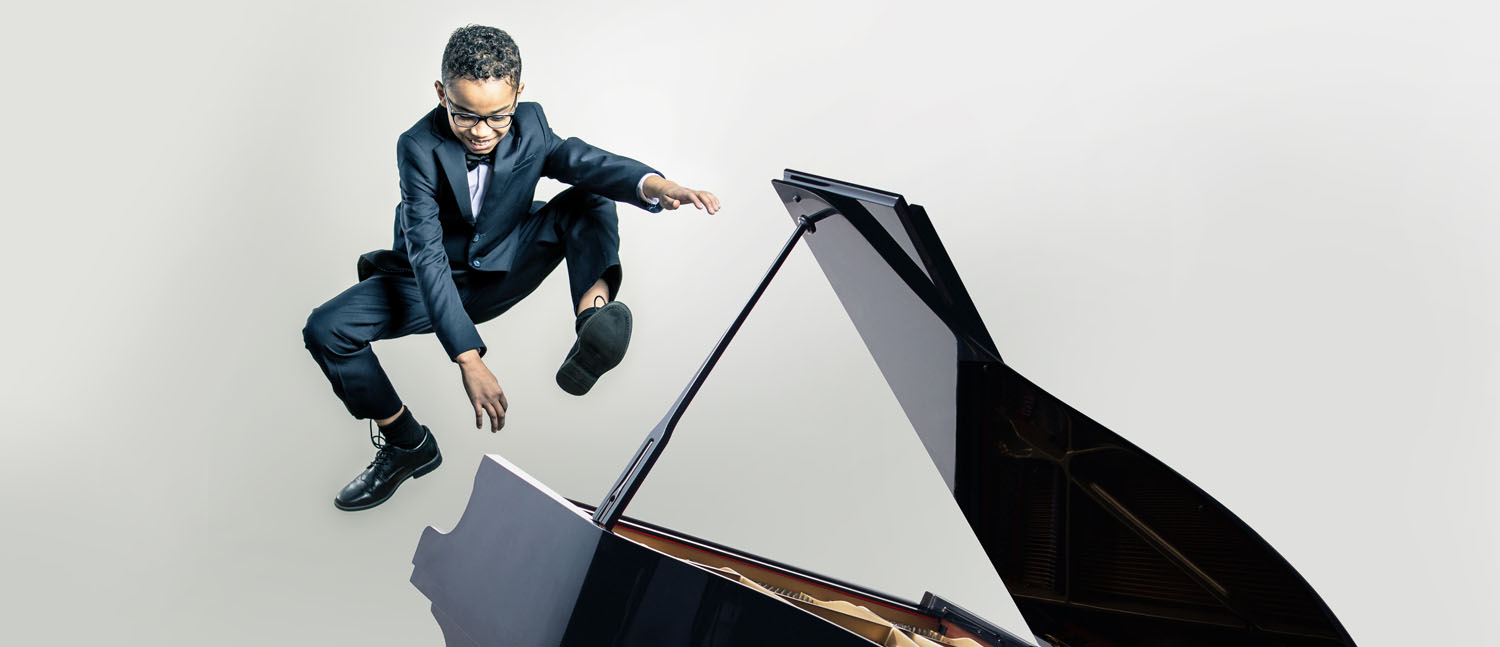Prize winners
Category I
1st prize: Tio Gheorgiu (Switzerland/London)
2nd prize: Zhichao Jia (Japan/Germany)
3rd prize: Nan Song Huang (China)
Category II
1st prize: James Redfern (Great Britain)
2nd prize: Narya Nogiy (Japan/China)
3rd Prize: Chung Wang (China) and Andrea Schütz (Germany)
Special Prizes
Best Interpretation
of a 20th-century work: Karim Said and Jing Hang
of a work by Franz Liszt: Nariya Nogi and Zhichao Jia
of an original composition: Kausikan Rajeshkumar
of chamber music: Igor Andreev
Encouragement prizes
Jia Yan Sun
Igor Andreev
Kausikan Rajashkumar
Karim Said
Participation in Weimar master classes
James Redfern
Andrea Schütz
